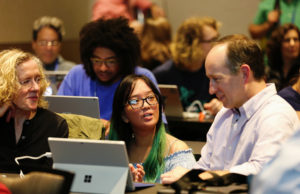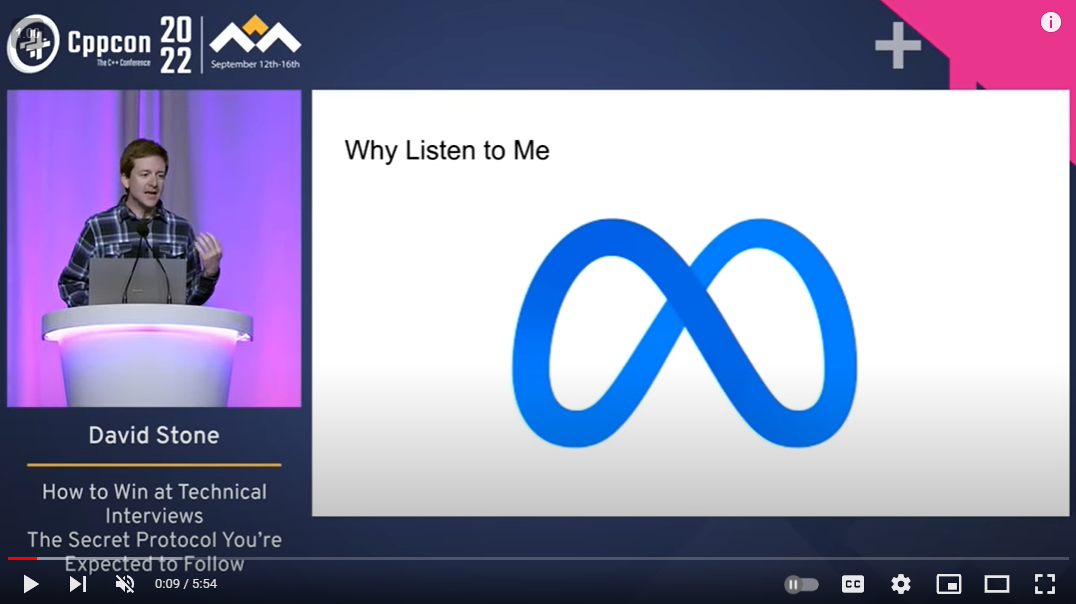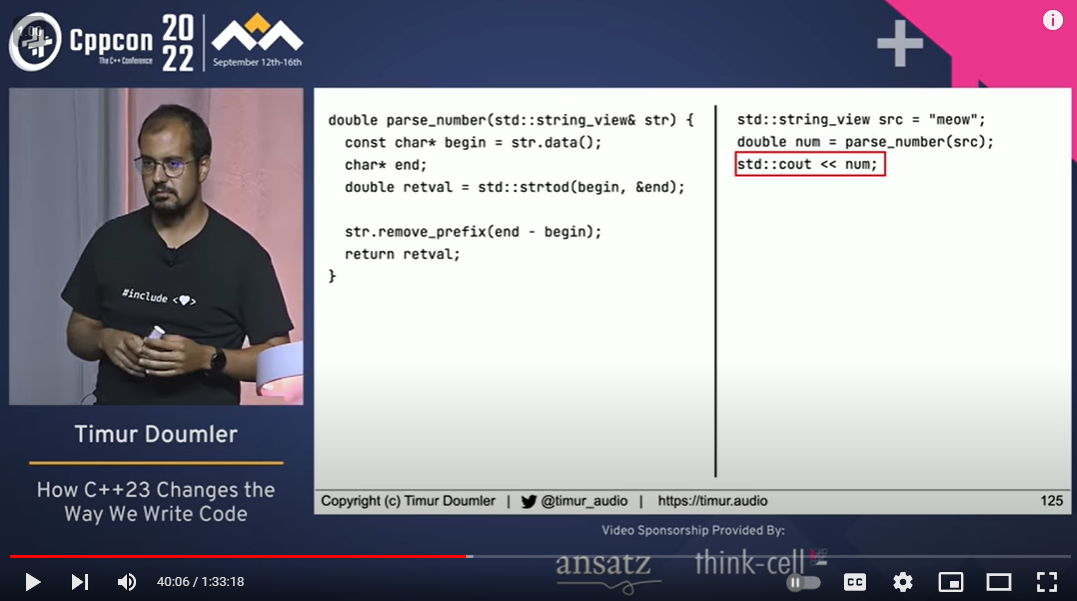The Case of string_view and the Magic String -- Giovanni Dicanio
Someone learned about std::string_view, and started replacing instances of std::string const& with string_views in their C++ code base. As a result of that, a subtle bug shows up!
The Case of string_view and the Magic String
by Giovanni Dicanio
From the article:
(...) The code is recompiled and executed. But, unfortunately, now the output has changed! What’s going on here? Where does that “magic string” come from?

 Every year we run Pure Virtual C++: a free one-day virtual conference for the whole C++ community. Next month we’re doing it again!
Every year we run Pure Virtual C++: a free one-day virtual conference for the whole C++ community. Next month we’re doing it again!  In an earlier blog post, I showed that the Go programming language allows you to write generic functions once you have defined an interface.
In an earlier blog post, I showed that the Go programming language allows you to write generic functions once you have defined an interface. This conference is organized by the C++ Community for the C++ Community. We want the whole community to be represented. We especially encourage those who identify as coming from an underrepresented community to apply to present and to be present. Presenting a talk is not limited to previous presenters or previous attendees.
This conference is organized by the C++ Community for the C++ Community. We want the whole community to be represented. We especially encourage those who identify as coming from an underrepresented community to apply to present and to be present. Presenting a talk is not limited to previous presenters or previous attendees. The submission deadline is June 25th, with decisions sent by July 31st.
The submission deadline is June 25th, with decisions sent by July 31st. Registration is now open for CppCon 2023! The conference starts on October 1 and will be held
Registration is now open for CppCon 2023! The conference starts on October 1 and will be held 

 A classic, over a decade old and worth making the rounds again:
A classic, over a decade old and worth making the rounds again: